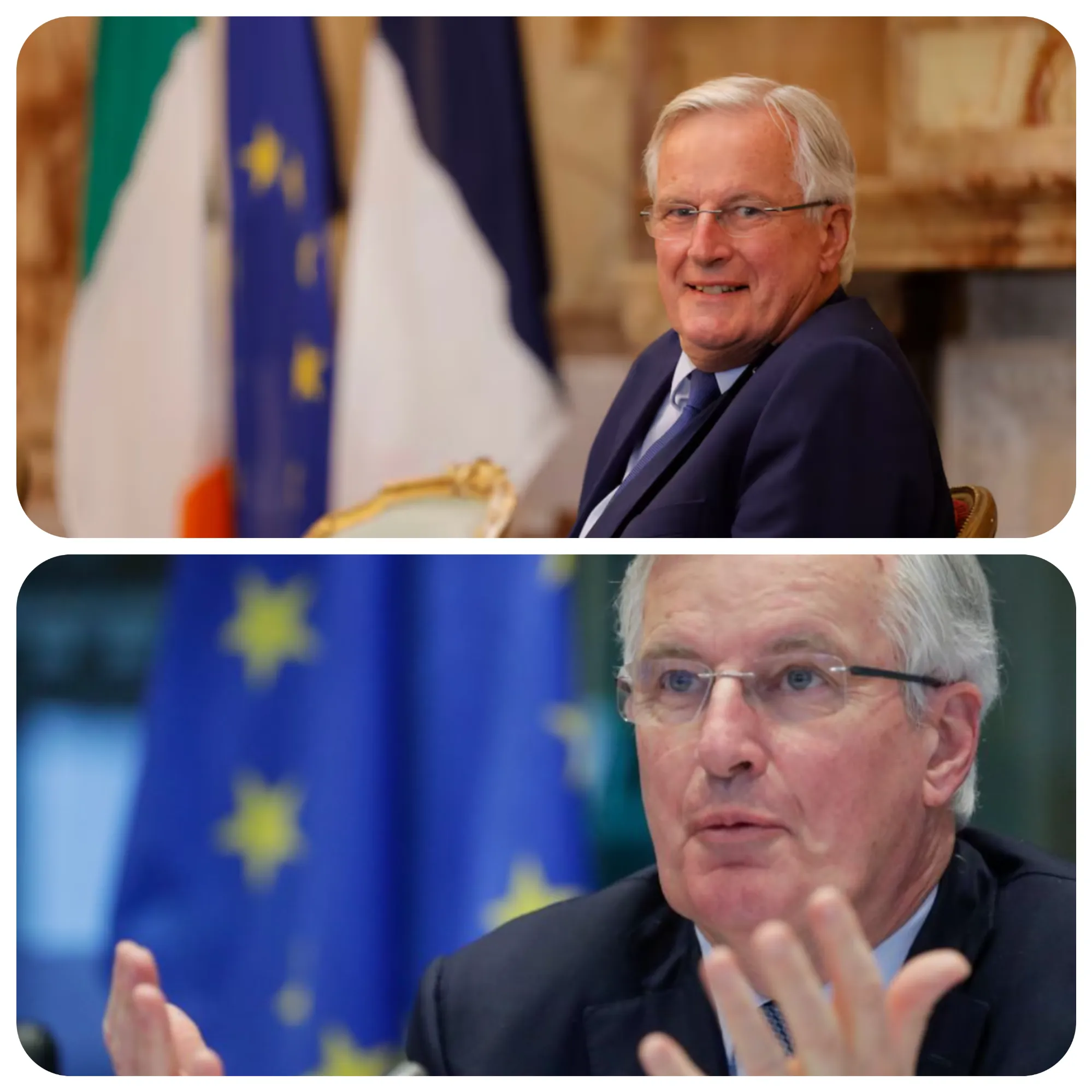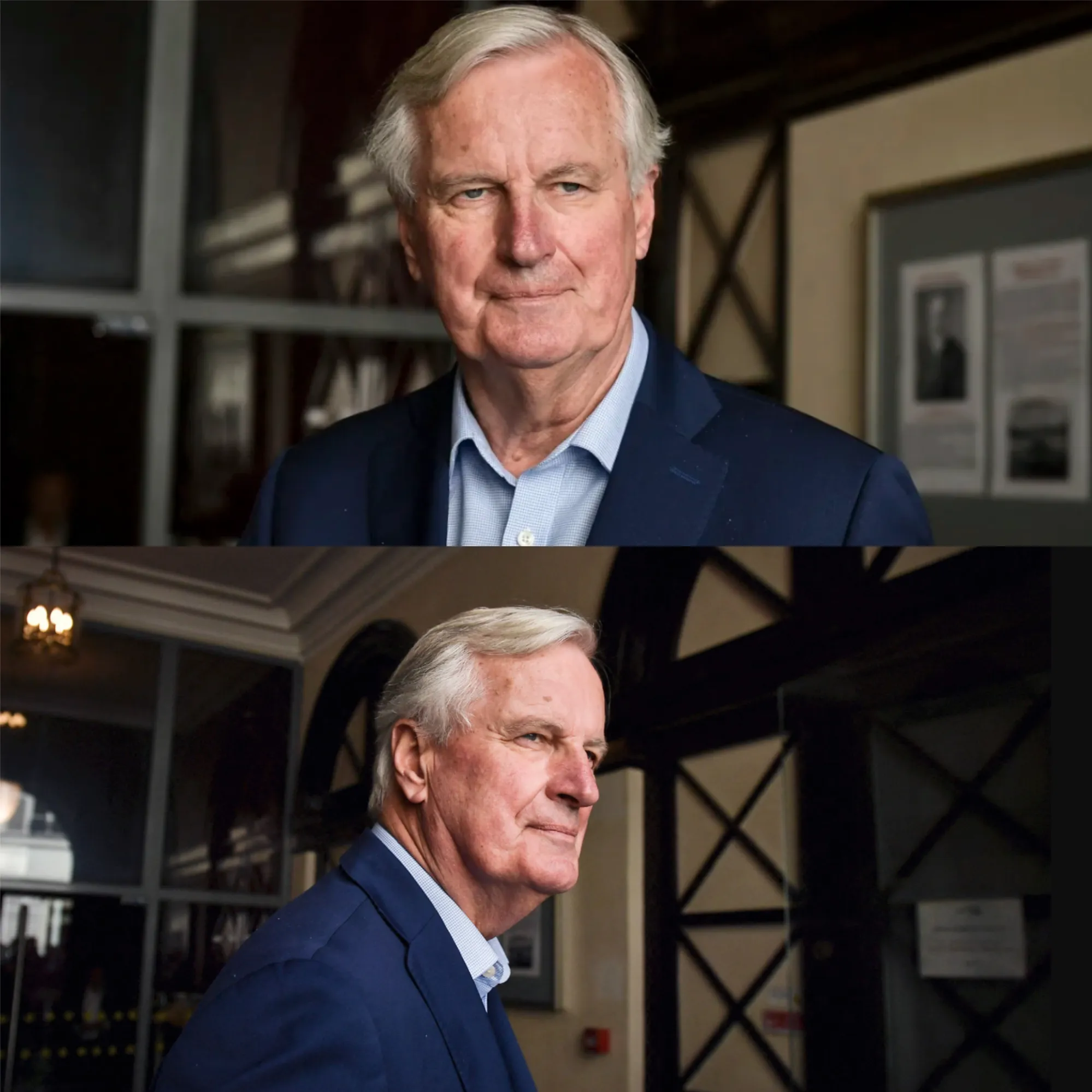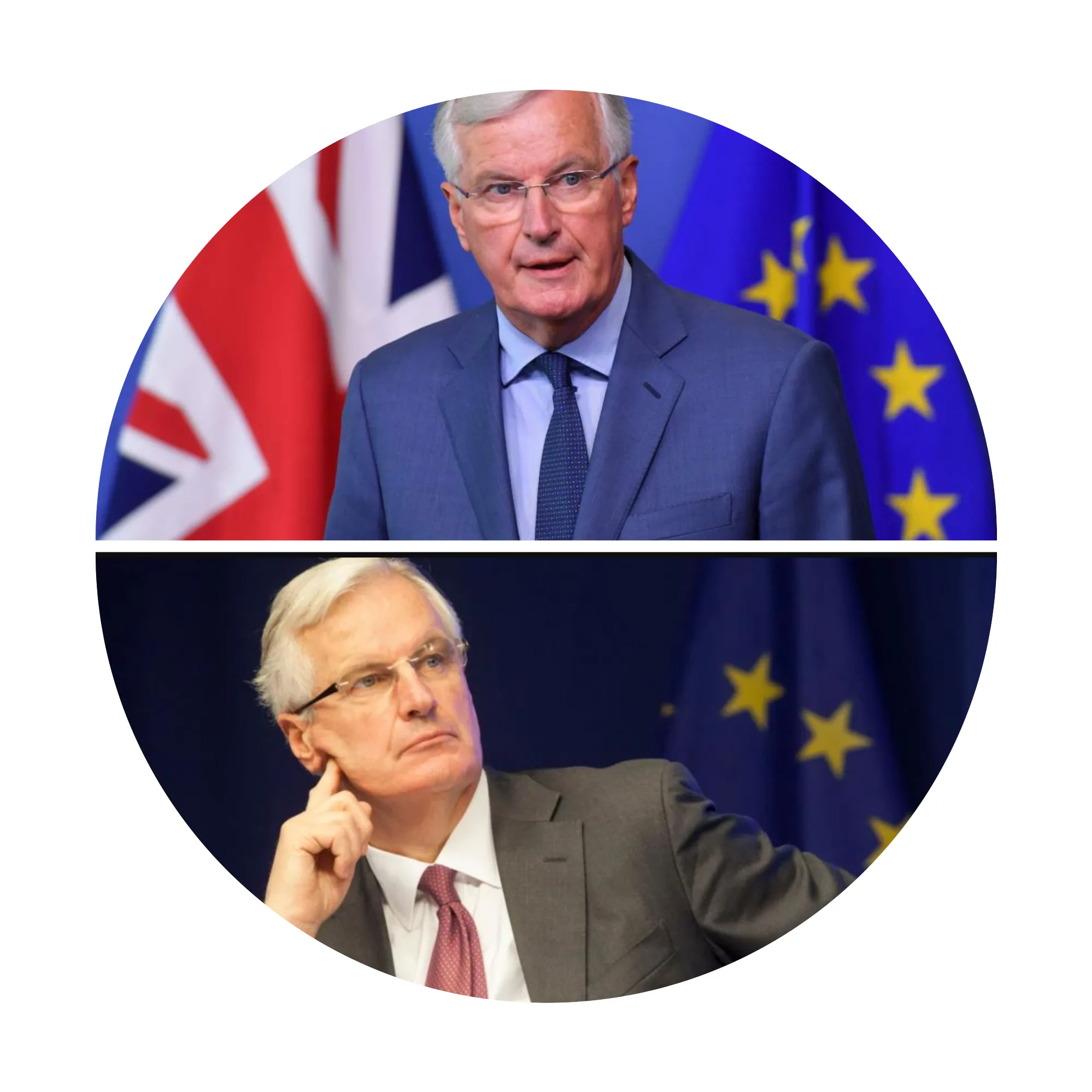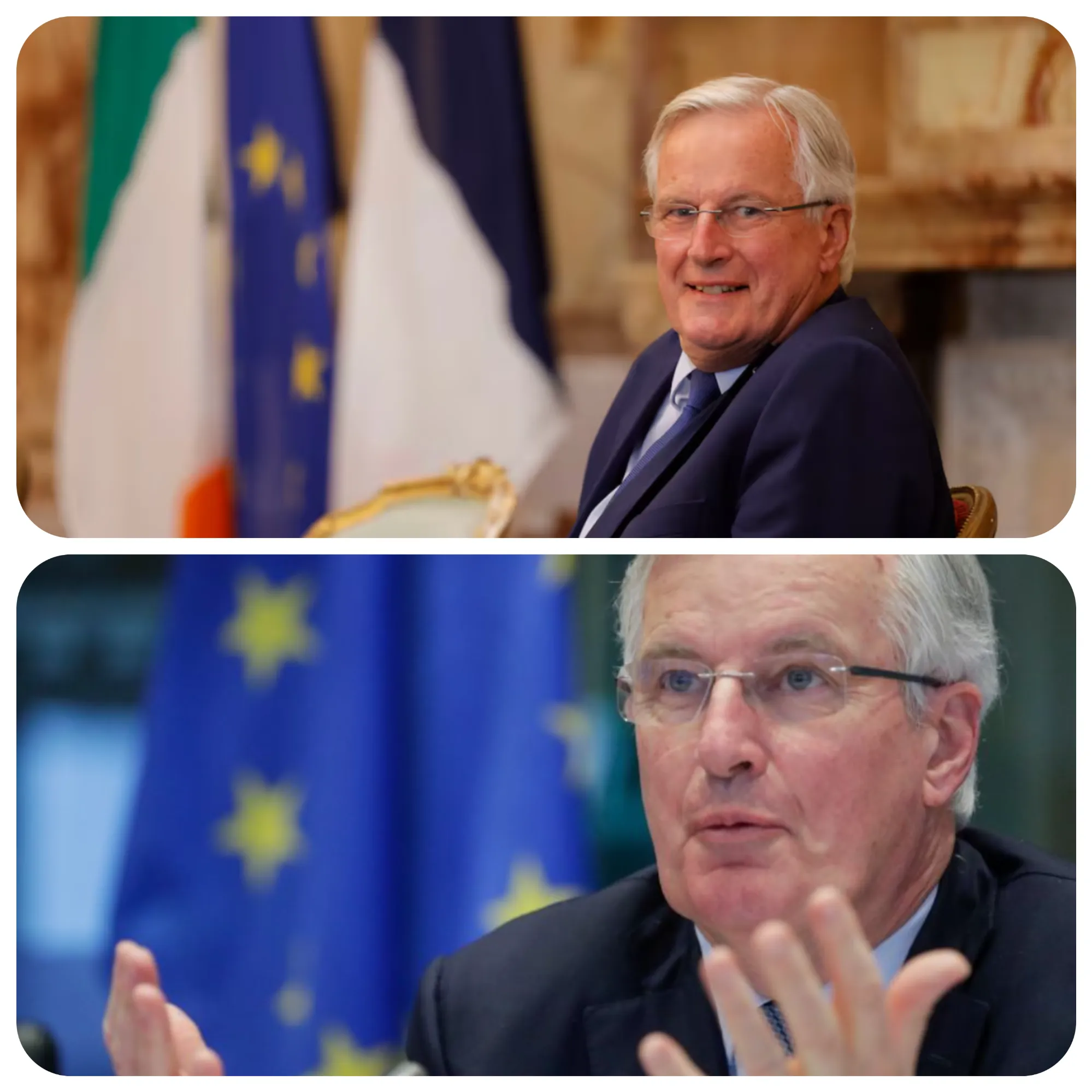
Michel Barnier Named as New French Prime Minister Amid Political Tensions

Michel Barnier, the former chief Brexit negotiator for the European Union, has been appointed as France’s new Prime Minister, the Élysée Palace announced. This comes after a two-month political deadlock following inconclusive parliamentary elections. The announcement signals President Emmanuel Macron’s effort to stabilize the government and end weeks of uncertainty.
In a statement on Thursday, the French presidency confirmed Barnier’s appointment, stating that he is tasked with forming a “united government” to lead the country forward. The statement emphasized that this decision followed “an unprecedented cycle of consultations” aimed at ensuring political stability. At 73, Barnier brings decades of political experience to the role, having served in various high-profile positions within both French and European institutions.
A Veteran Politician with Deep EU Roots
Michel Barnier is widely recognized for his role in leading the Brexit negotiations on behalf of the EU, which spanned from 2016 to 2021. A staunch pro-European, Barnier is a member of the Republicans, a traditional right-wing party in France. Throughout his 40-year career, he has held several key positions, including stints as foreign minister and agriculture minister in France. He also served twice as a European commissioner.
Although Barnier sought to run in France’s 2021 presidential elections, he failed to secure enough support from his party. His political comeback as Prime Minister, however, highlights his enduring influence in French and European politics.

Challenges Ahead: Forming a Stable Government
Despite his extensive experience, Barnier faces significant challenges in forming a stable government. France’s National Assembly is fragmented, with the far-right National Rally (RN) emerging as one of the largest parties after the parliamentary elections. While the RN has expressed a willingness to cooperate with Barnier, some members remain skeptical. Laurent Jacobelli, a senior RN figure, criticized Barnier’s appointment, calling him a politician from the “old guard.”
On the other hand, Marine Le Pen, the prominent leader of the RN, stated that her party would withhold judgment until after Barnier’s inaugural speech, in which he is expected to outline his policy direction.
Opposition from the Far Left
Meanwhile, far-left leader Jean-Luc Mélenchon of the France Unbowed party delivered a fierce critique of both Macron and Barnier. Mélenchon accused the president of undermining the parliamentary election results and urged the French people to protest Barnier’s appointment. He contended that Macron’s decision ignored the will of the voters and imposed a government not reflective of the election outcomes.

What’s Next for Barnier?
As Barnier prepares to deliver his policy agenda, France watches closely. His ability to navigate the deeply divided political landscape will determine the success of his tenure. With economic challenges and rising political polarization, Barnier’s leadership will face numerous tests in the coming months.
Conclusion
Michel Barnier’s appointment as France’s new Prime Minister signals a pivotal moment in French politics. Known for his diplomatic finesse and experience, Barnier must now address the pressing challenge of unifying a divided parliament and country. All eyes will be on his next moves as he seeks to establish a government that can navigate France through its current political turbulence.






